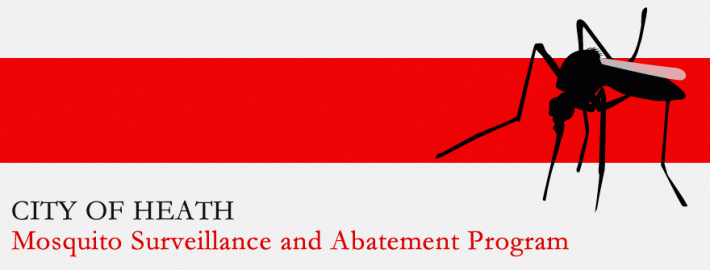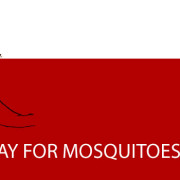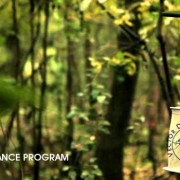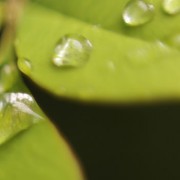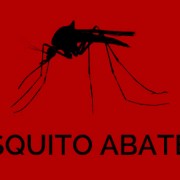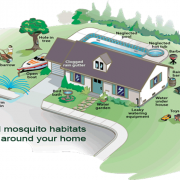City of Heath Launches 2014 Mosquito Surveillance/Abatement Program
The City of Heath has begun its 2014 Mosquito Surveillance and Abatement Program. While the West Nile Virus was not found in Heath last year, the City wants to be pro-active heading into the prime mosquito breeding season of spring and summer.
The first step of the program involves the weekly placement of traps by staff in six different locations. Trapped mosquitoes will be taken for arboviral testing and species identification weekly, and the results will be reported on the City’s website at www.heathtx.com and on its social media sites including Facebook.
Additionally, City will implement a larvicide program to target stagnant water areas. Adult mosquito control will also be conducted as-needed based upon the surveillance data received.
“An equally important component of this program is enlisting Heath citizens to take part in protecting their families against the West Nile Virus,” said City Manager Ed Thatcher. “Information is already available on our website and will be published in our newsletters on an ongoing basis.”
Prevention Tips:
Protecting yourself and your loved ones is one of the best ways to help prevent the contraction of mosquito transmitted diseases.
Remember the 4 D’s:
- Drain – standing water around you home and property.
- Deet – use insect repellent that contains deet.
- Dress – wear long sleeves and pants to protect yourself.
- Dusk to Dawn – avoid being outdoors during the early morning hours and the evening hours when mosquitoes are most active.
You should also keep screens, windows and doors in good repair; fix leaky outdoor faucets and sprinklers; avoid overwatering your landscaping; and keep the water in birdbaths, fountains, swimming pools, spas, boats, kids toys, pet watering dishes, flowerpots and saucers or other vessels that hold water from becoming stagnant.
If you have ponds or bodies of water on your property, you can add natural predators to those waters to eat the larva; such as minnows or mosquito fish.
For more information about mosquito bite prevention, visit: www.cdc.gov.

